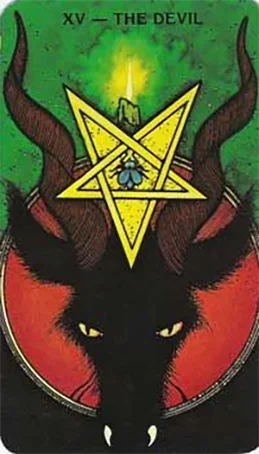D
Deleted member 16771
Lol!Depends how we look at five. The Quincunx is a most important symbol, and is highly symmetrical - which is very appropriate for something that signifies the resolution of opposites into an integrated and centred wholeness.
View attachment 77787
So we could arrange the four classical elements into a Quincunx, centred on an integrating wholeness, and associate values with what each element represents. This is illustrative of course, and I'm sure different people would see different associations, contrasts and symmetries:
View attachment 77790
We should do something similar with our five favourite vices as well maybe
Perhaps there's something to what I said, or perhaps five really is just as 'symmetrical' as this indicates. Even so, we're still left with why many people have reported 'five' as a strange number of values to grapple with.
Any thoughts?


